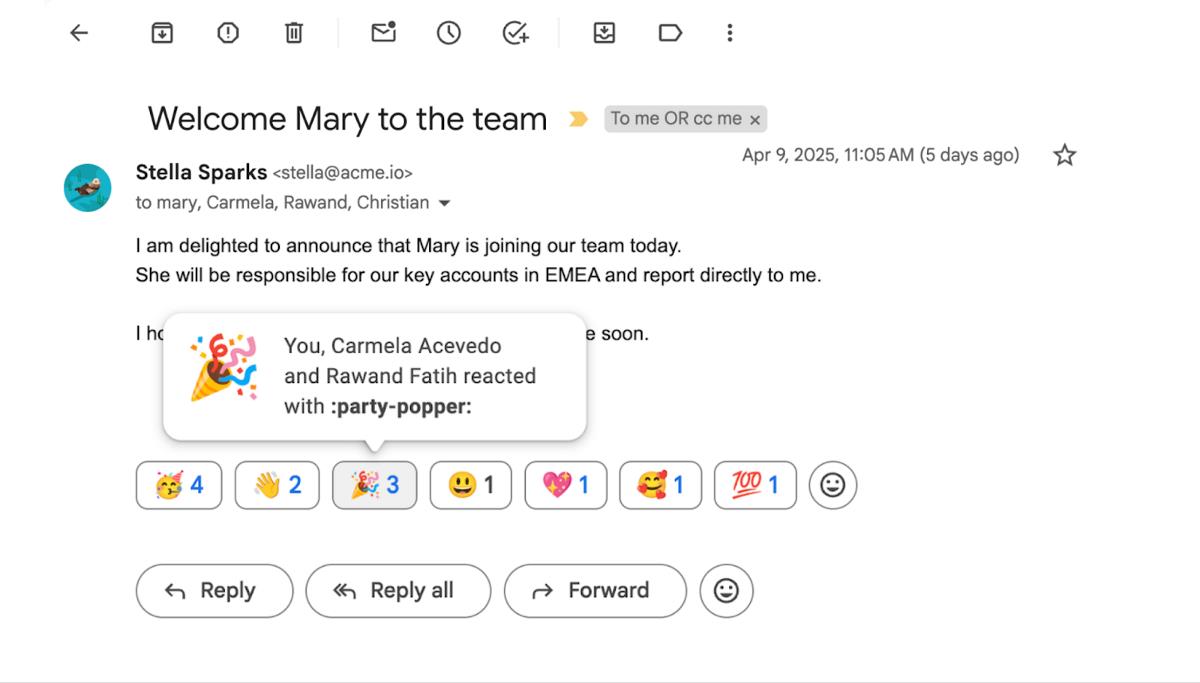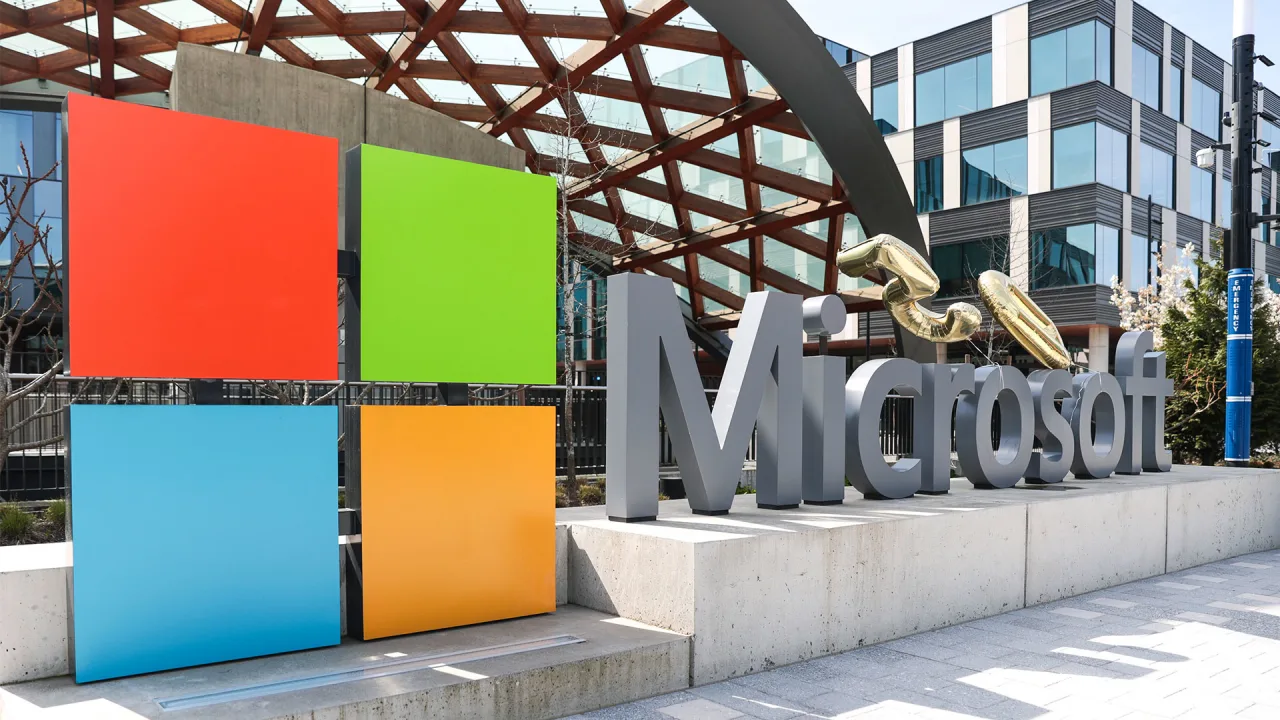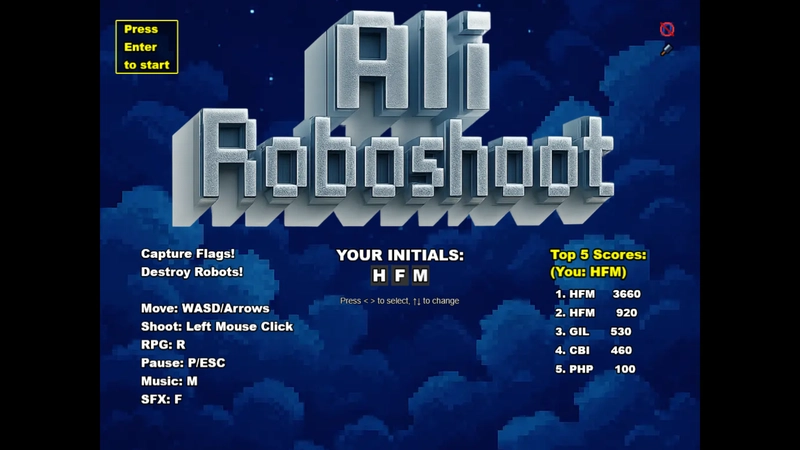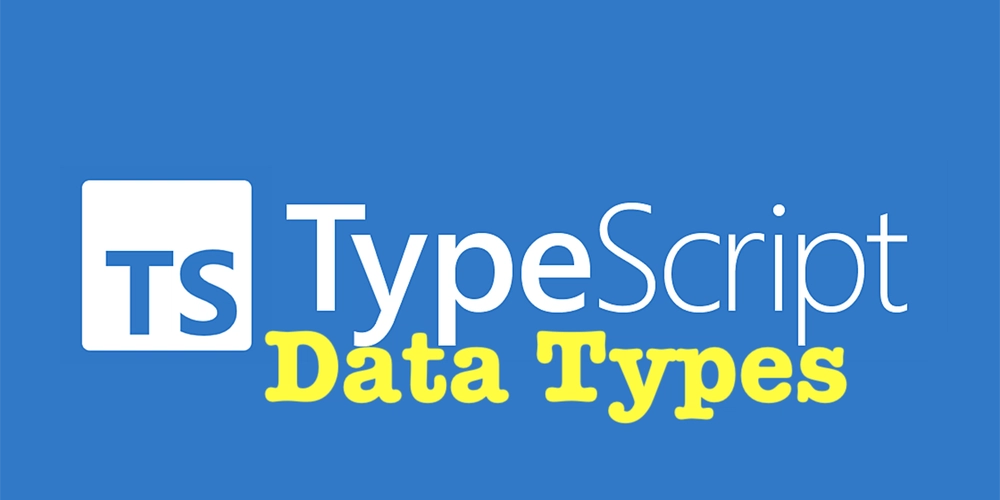The Power of Donations in the Open Source Ecosystem: Sustaining Innovation and Community Collaboration
Abstract: This post explores the transformative role of donations in the open source ecosystem. Donations not only provide essential financial backing for developers but also strengthen community trust, corporate stewardship, and sustainable innovation. In this article, we delve into the history and background of open source funding, detail core donation strategies and platforms, discuss real-world applications, and analyze challenges and future trends. With practical examples and structured insights—including tables and bullet lists—this post serves as an informative guide for developers, corporate sponsors, and technology enthusiasts interested in ensuring the longevity of open source projects. Introduction The open source ecosystem thrives on collaboration, creativity, and community dedication. It is built on the principle that shared knowledge strengthens innovation. However, the sustainability of these projects often depends on the financial contributions of individuals and organizations. Donations in the open source space have become synonymous with a commitment to quality, transparency, and continuous improvement. This blog post examines why donations matter, how they are deployed, and what future trends could shape funding models in open source communities. Several platforms support open source funding: Patreon offers monthly donations that provide a predictable stream of income. GitHub Sponsors allows users to directly support developers. Open Collective ensures transparency and accountability in fund usage. For further exploration on these models, check out donations for open source projects and consider the insights from open source developer patronage programs. Background and Context The notion of open source dates back decades, driven by a desire to democratize knowledge and technology. Unlike proprietary software models, open source development invites anyone to contribute ideas, code, and improvements. Despite its collaborative nature, funding challenges have historically hindered sustained innovation. Initially, many projects ran on volunteer efforts which, while admirable, revealed financial disparities and issues related to: Recognition and compensation: Developers often invest countless hours with little financial reward. Project sustainability: Without proper funding, even promising projects struggle to keep pace with security fixes and feature developments. Community trust: Financial transparency helps guarantee that donations are used effectively. Corporate involvement is now reshaping this landscape. Large companies that rely on open source software are increasingly investing in projects, taking part in initiatives like sustainable funding open source to ensure the reliability and evolution of the software they depend on. Historical timeline of funding in open source: Era Model Impact Early Years Volunteer-driven, ad hoc support Rapid innovation but limited scalability Mid-Era Occasional donations & grants Improved stability and community trust Current Patronage, corporate sponsorship Sustainable growth and enhanced security The evolution from purely volunteer funding to more structured donation models illustrates the significant shift in how we support open source software today. Core Concepts and Features 1. Donation Mechanisms: Donations serve as a consistent revenue stream, enabling developers to allocate more time and resources to projects. Key donation platforms include: Patreon: Leveraging recurring monthly support, Patreon helps developers and creators sustain their projects. Its model ensures that funding does not dry up unexpectedly. GitHub Sponsors: This platform directly pairs developers with supporters on GitHub, breaking down barriers and encouraging contribution at every development stage. Open Collective: By promoting financial transparency and community involvement, Open Collective builds trust. Funds are openly managed and tracked, ensuring that every dollar is effectively spent. 2. Corporate Sponsorship and Grants: Corporations have an intrinsic interest in the stability of the open source components that power their systems. By aligning corporate social responsibility with technological innovation, companies contribute through: Grant programs. Sponsorship models like those detailed in corporate sponsorship benefits. 3. Transparency and Trust: Transparency is key to successful donation initiatives. Open source projects can adopt tools and best practices for financial management. Noticeable examples include: Public financial reports. Detailed breakdowns of fund allocation. Regular community feedback sessions. 4. Adaptive Funding Strategies: New strategies for funding are emerging constantly. Innovative ideas such as blockchain-based donation tracking and decentralized autonomous organization (DAO) models help ensure funds are not only transparent but also adapt to market fluct
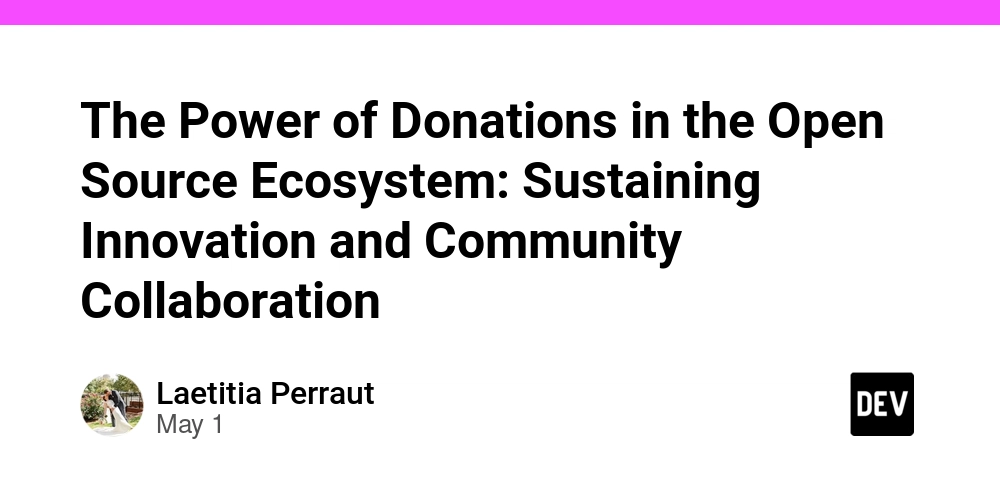
Abstract:
This post explores the transformative role of donations in the open source ecosystem. Donations not only provide essential financial backing for developers but also strengthen community trust, corporate stewardship, and sustainable innovation. In this article, we delve into the history and background of open source funding, detail core donation strategies and platforms, discuss real-world applications, and analyze challenges and future trends. With practical examples and structured insights—including tables and bullet lists—this post serves as an informative guide for developers, corporate sponsors, and technology enthusiasts interested in ensuring the longevity of open source projects.
Introduction
The open source ecosystem thrives on collaboration, creativity, and community dedication. It is built on the principle that shared knowledge strengthens innovation. However, the sustainability of these projects often depends on the financial contributions of individuals and organizations. Donations in the open source space have become synonymous with a commitment to quality, transparency, and continuous improvement. This blog post examines why donations matter, how they are deployed, and what future trends could shape funding models in open source communities.
Several platforms support open source funding:
- Patreon offers monthly donations that provide a predictable stream of income.
- GitHub Sponsors allows users to directly support developers.
- Open Collective ensures transparency and accountability in fund usage.
For further exploration on these models, check out donations for open source projects and consider the insights from open source developer patronage programs.
Background and Context
The notion of open source dates back decades, driven by a desire to democratize knowledge and technology. Unlike proprietary software models, open source development invites anyone to contribute ideas, code, and improvements. Despite its collaborative nature, funding challenges have historically hindered sustained innovation. Initially, many projects ran on volunteer efforts which, while admirable, revealed financial disparities and issues related to:
- Recognition and compensation: Developers often invest countless hours with little financial reward.
- Project sustainability: Without proper funding, even promising projects struggle to keep pace with security fixes and feature developments.
- Community trust: Financial transparency helps guarantee that donations are used effectively.
Corporate involvement is now reshaping this landscape. Large companies that rely on open source software are increasingly investing in projects, taking part in initiatives like sustainable funding open source to ensure the reliability and evolution of the software they depend on.
Historical timeline of funding in open source:
| Era | Model | Impact |
|---|---|---|
| Early Years | Volunteer-driven, ad hoc support | Rapid innovation but limited scalability |
| Mid-Era | Occasional donations & grants | Improved stability and community trust |
| Current | Patronage, corporate sponsorship | Sustainable growth and enhanced security |
The evolution from purely volunteer funding to more structured donation models illustrates the significant shift in how we support open source software today.
Core Concepts and Features
1. Donation Mechanisms:
Donations serve as a consistent revenue stream, enabling developers to allocate more time and resources to projects. Key donation platforms include:
- Patreon: Leveraging recurring monthly support, Patreon helps developers and creators sustain their projects. Its model ensures that funding does not dry up unexpectedly.
- GitHub Sponsors: This platform directly pairs developers with supporters on GitHub, breaking down barriers and encouraging contribution at every development stage.
- Open Collective: By promoting financial transparency and community involvement, Open Collective builds trust. Funds are openly managed and tracked, ensuring that every dollar is effectively spent.
2. Corporate Sponsorship and Grants:
Corporations have an intrinsic interest in the stability of the open source components that power their systems. By aligning corporate social responsibility with technological innovation, companies contribute through:
- Grant programs.
- Sponsorship models like those detailed in corporate sponsorship benefits.
3. Transparency and Trust:
Transparency is key to successful donation initiatives. Open source projects can adopt tools and best practices for financial management. Noticeable examples include:
- Public financial reports.
- Detailed breakdowns of fund allocation.
- Regular community feedback sessions.
4. Adaptive Funding Strategies:
New strategies for funding are emerging constantly. Innovative ideas such as blockchain-based donation tracking and decentralized autonomous organization (DAO) models help ensure funds are not only transparent but also adapt to market fluctuations. For more innovative approaches, review resources on open source funding strategies.
Bullet List: Key Benefits of Donations in Open Source
- Enhanced Project Sustainability: Continuous funding alleviates the financial strain on developers.
- Improved Security: With proper support, projects can allocate resources to robust security measures.
- Increased Innovation: Funding allows more time for R&D and experimentation.
- Transparency and Trust: Open financial practices build stronger community relationships.
- Community Empowerment: Donations encourage wider participation and contribution.
Applications and Use Cases
Donations in the open source community have diverse applications that directly affect both developers and end users. Below are a few practical examples:
Example 1: Enhancing Developer Compensation
Developers often turn to donation platforms to supplement their income. With the support from platforms like GitHub Sponsors (link) and Patreon (link), developers have been able to focus more on making the software secure, reliable, and user-friendly. This approach has been highlighted in multiple discussions—see for instance exploring open source developer compensation plans on Dev.to.
Example 2: Corporate Support and Long-Term Sustainability
Many corporate giants now contribute directly to open source projects. A well-funded project can integrate the following improvements:
- Regular security updates.
- Better documentation.
- More extensive testing and quality assurance.
For detailed insights into sustainable funding from a corporate standpoint, check out the perspectives shared in sustainable funding for open source: a path to stability and innovation.
Example 3: Community-Driven Financial Transparency
Platforms like Open Collective offer a structured approach to transparency. By publicly displaying fund allocation, the project maintains a high degree of trust with its community. This model ensures that even when projects face contentious issues—such as the risk of software forking—the cohesive financial backing keeps the project stable. For additional insights into community transparency, view the discussion on open source project financial transparency.
Challenges and Limitations
Despite the numerous benefits, there are challenges inherent to donation-based funding for open source projects:
1. Variability in Donations:
Donation streams can fluctuate. Unlike fixed salaries or contractual grants, donations are often irregular. This variability can lead to periods of underfunding, adversely impacting project stability.
2. Dependency on a Few Large Donors:
Certain projects rely heavily on a small number of large sponsors. This dependency might introduce biases into project priorities and influence decision-making, potentially compromising the project's open nature.
3. Administrative Challenges:
Managing funds transparently requires robust accounting and transparent communication. Projects must invest in financial management tools and occasionally external auditing, which can be both time-consuming and resource-intensive.
4. Balancing Volunteer Efforts with Paid Positions:
Transitioning from a volunteer-driven model to a financially compensated framework poses its own challenges. Finding the right balance between incentivizing contributions and preserving the community spirit is critical.
Future Outlook and Innovations
The evolution of open source funding models is set to transform the ecosystem further in the coming years:
1. Blockchain and Decentralized Funding:
Blockchain technology is increasingly influencing open source funding. By implementing smart contracts and decentralized models, projects can enhance transparency and ensure that funds are allocated as promised. For cutting-edge developments, explore topics like innovative funding for open source projects.
2. Hybrid Funding Models:
Future funding for open source projects might blend traditional donations with alternative economic models. These could include tokenization and licensing revenue models that provide continuous income. Discussions on integrating blockchain solutions with open source have been prominent on platforms such as GitHub Sponsors and various Dev.to articles.
3. Increased Corporate Participation:
As more organizations come to rely on open source solutions, expect heightened corporate sponsorship. This will not only improve the financial health of projects but also ensure that they meet rigorous security and compliance benchmarks. Corporate-driven initiatives and their benefits are a frequent topic of discussion, such as in corporate sponsorship benefits.
4. Enhanced Collaboration Tools:
Technological advancements will continue to create new opportunities for funding collaboration. From better tracking tools to integrated donation management platforms, the future promises more efficient ways to support open source initiatives. Adoption of these tools is critical to ensure long-term project sustainability.
Table: Future Strategies for Open Source Funding
| Strategy | Description | Expected Outcome |
|---|---|---|
| Blockchain Integration | Use of smart contracts for transparent donation management | Increased trust and fund allocation accuracy |
| Hybrid Funding Models | Blending donations with revenue from tokenization and licensing | Steady and predictable financial streams |
| Corporate Partnership Expansion | Increased involvement of large organizations through sponsorships | Enhanced project stability and innovation |
| Advanced Financial Tools | Adoption of specialized software for financial tracking and transparency | Better resource management and accountability |
Practical Insights from the Developer Community
The developer community has been vocal about the need for improved funding structures. For instance, leaders in the space share their experiences on platforms such as Dev.to. Some recommended reads include:
- Leveraging GitHub Sponsors for Organizations for insights into maximizing support and engagement.
- Exploring Elon Musk's Fascination with NFTs and Their Influence on Open Source Software which delves into unconventional funding models that may be adapted for broader open source applications.
These discussions highlight the growing trend toward a blended approach—where traditional donations meet innovative digital asset funding—to empower open source initiatives.
Summary
In summary, donations play a powerful role in sustaining open source projects. They provide essential financial backing, foster transparency, and help address the challenges posed by unpaid volunteer work and project forking. With platforms like Patreon, GitHub Sponsors, and Open Collective, the ecosystem has a well-established set of tools to ensure that developers receive the support they deserve.
Looking forward, innovations such as blockchain-based funding, hybrid economic models, and improved corporate engagement are set to revolutionize how open source projects secure financial stability. Recognizing these trends and aligning with them will not only benefit individual projects but also bolster the worldwide open source community.
For anyone keen to further explore this topic, consider reading the original article on Donations for Developers and engaging with thought leaders on platforms like Dev.to.
By supporting open source projects, whether through a one-time donation or recurring patreon-based sponsorship, both developers and end users can help create a robust digital future that is innovative, secure, and inclusive.
Together, through community support and transparency, the power of donations will continue to fuel open source innovation for years to come.
Key terms to remember: **donations, **open source funding, **GitHub Sponsors, **Patreon, **Open Collective, **sustainability, **transparency, **blockchain integration. Leveraging such models ensures that every open source project can thrive and benefit society as a whole.






































































































































































![[The AI Show Episode 145]: OpenAI Releases o3 and o4-mini, AI Is Causing “Quiet Layoffs,” Executive Order on Youth AI Education & GPT-4o’s Controversial Update](https://www.marketingaiinstitute.com/hubfs/ep%20145%20cover.png)












































































































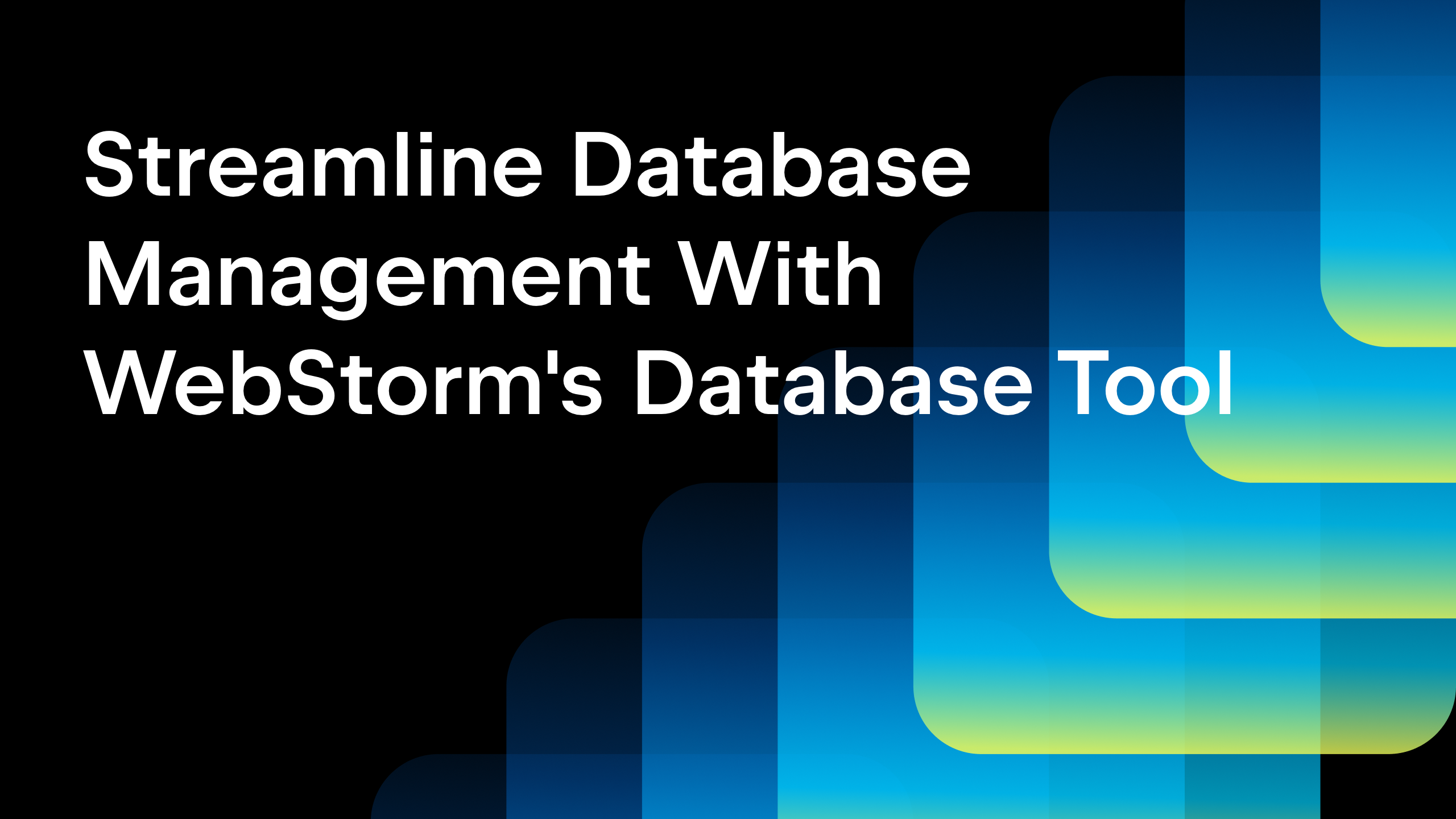
















![[DEALS] Mail Backup X Individual Edition: Lifetime Subscription (72% off) & Other Deals Up To 98% Off – Offers End Soon!](https://www.javacodegeeks.com/wp-content/uploads/2012/12/jcg-logo.jpg)






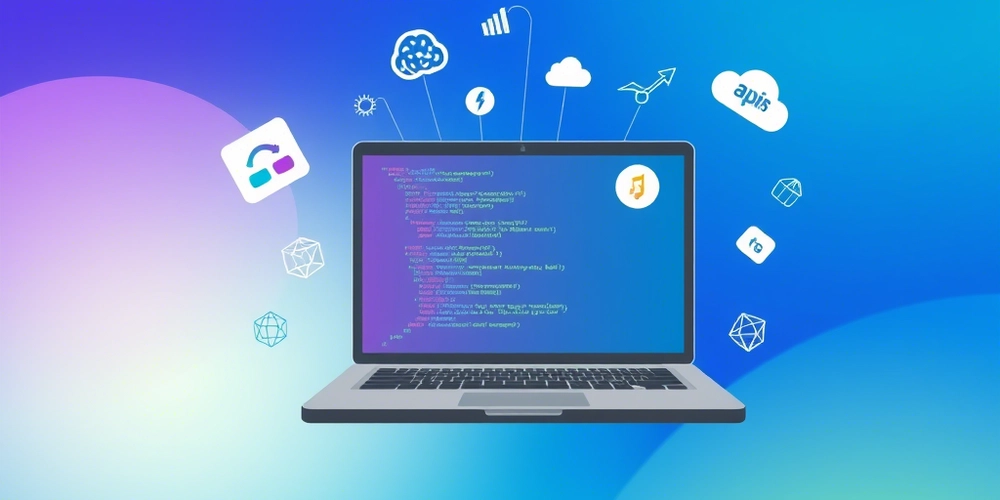























































































































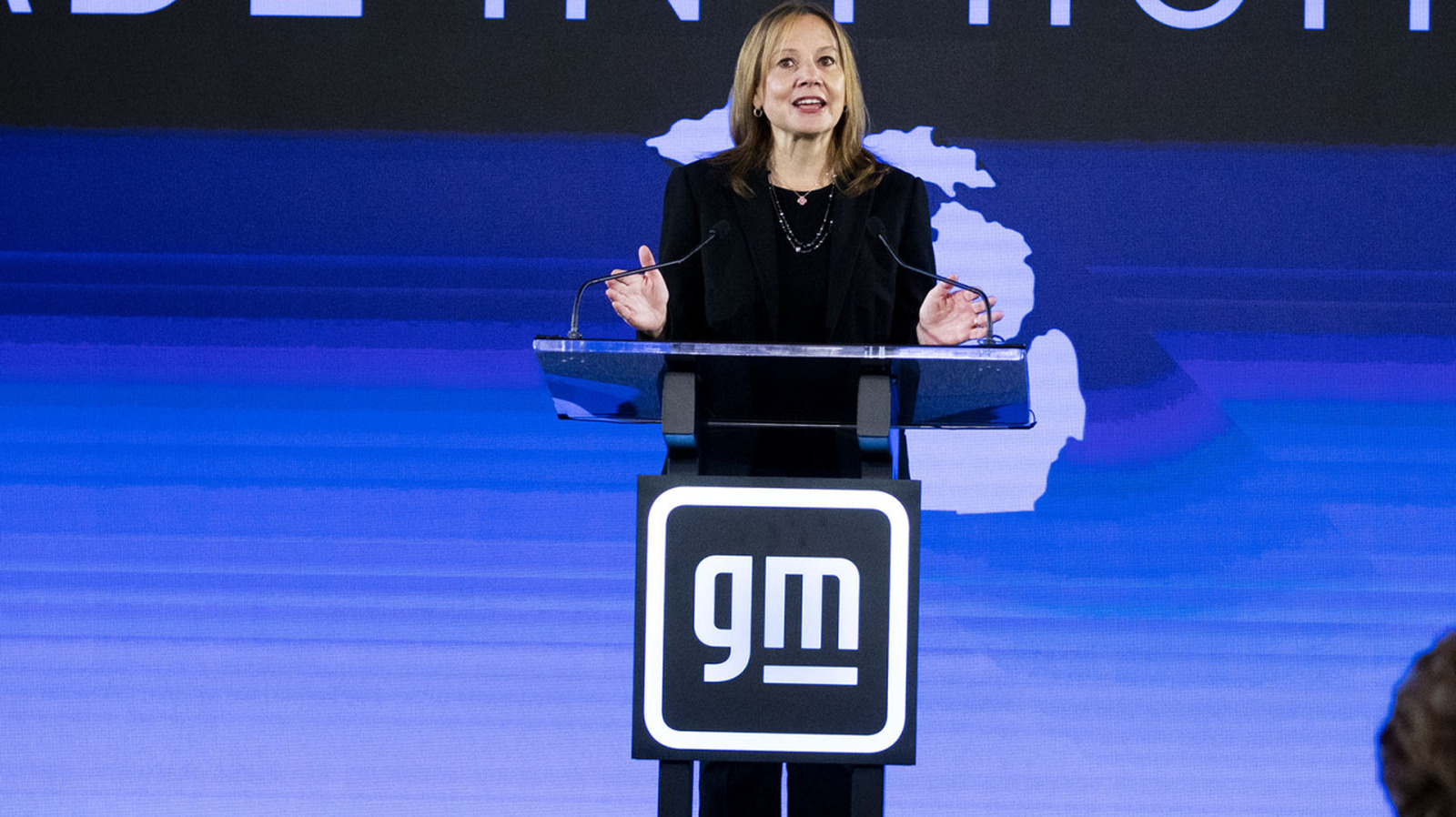












_Andreas_Prott_Alamy.jpg?width=1280&auto=webp&quality=80&disable=upscale#)





































































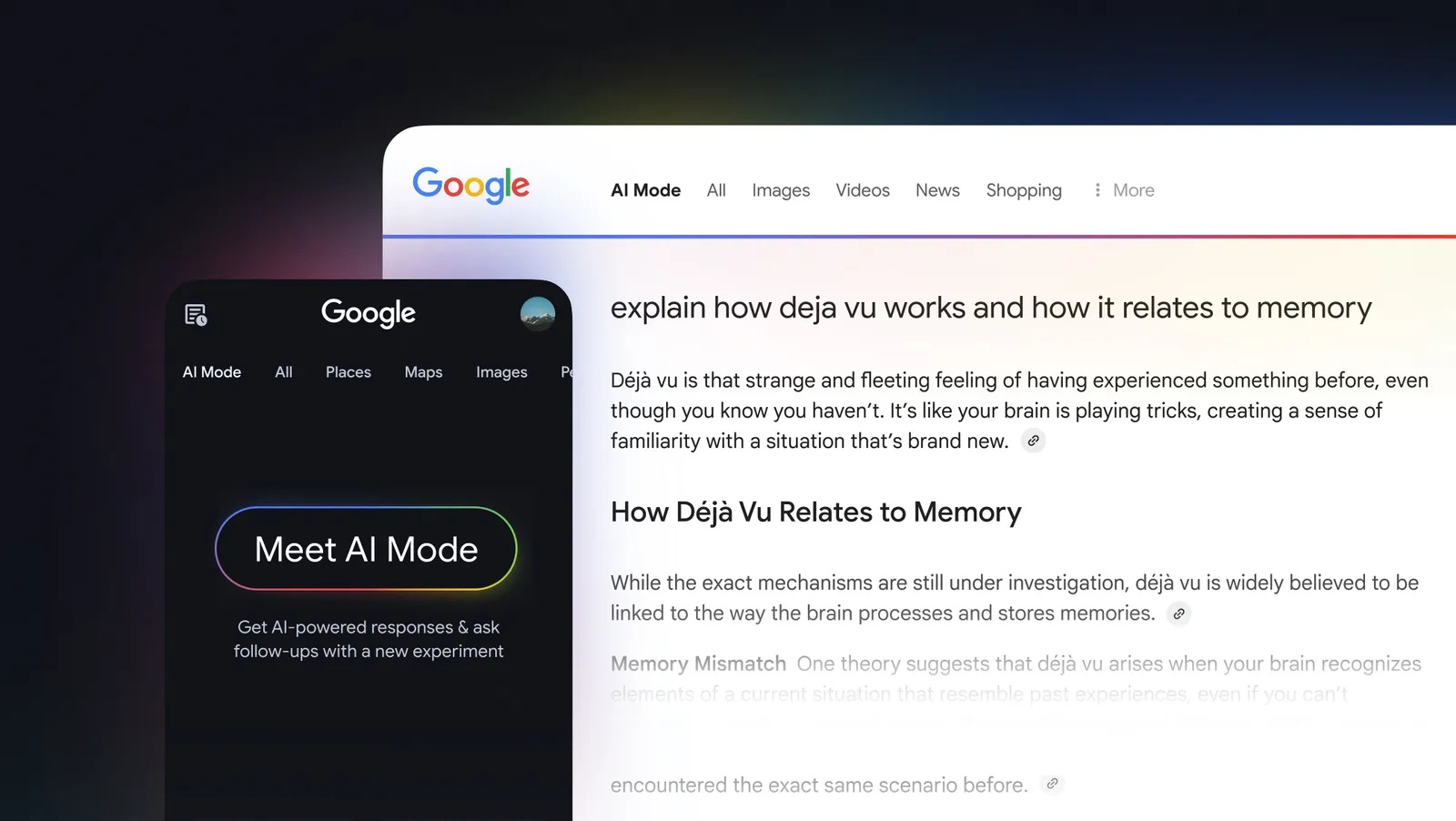







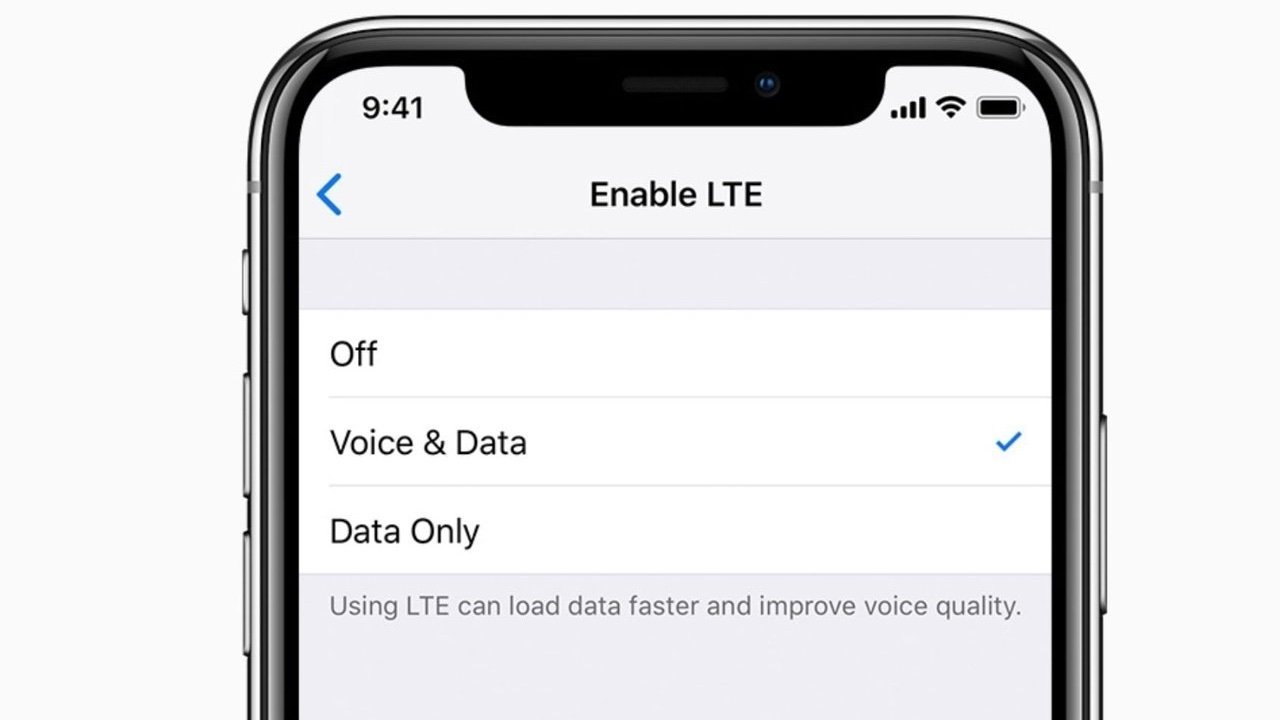





























![Apple Ships 55 Million iPhones, Claims Second Place in Q1 2025 Smartphone Market [Report]](https://www.iclarified.com/images/news/97185/97185/97185-640.jpg)























